Putting small language models under the microscope
The benefits of small language models are undeniable – but they're no silver bullet

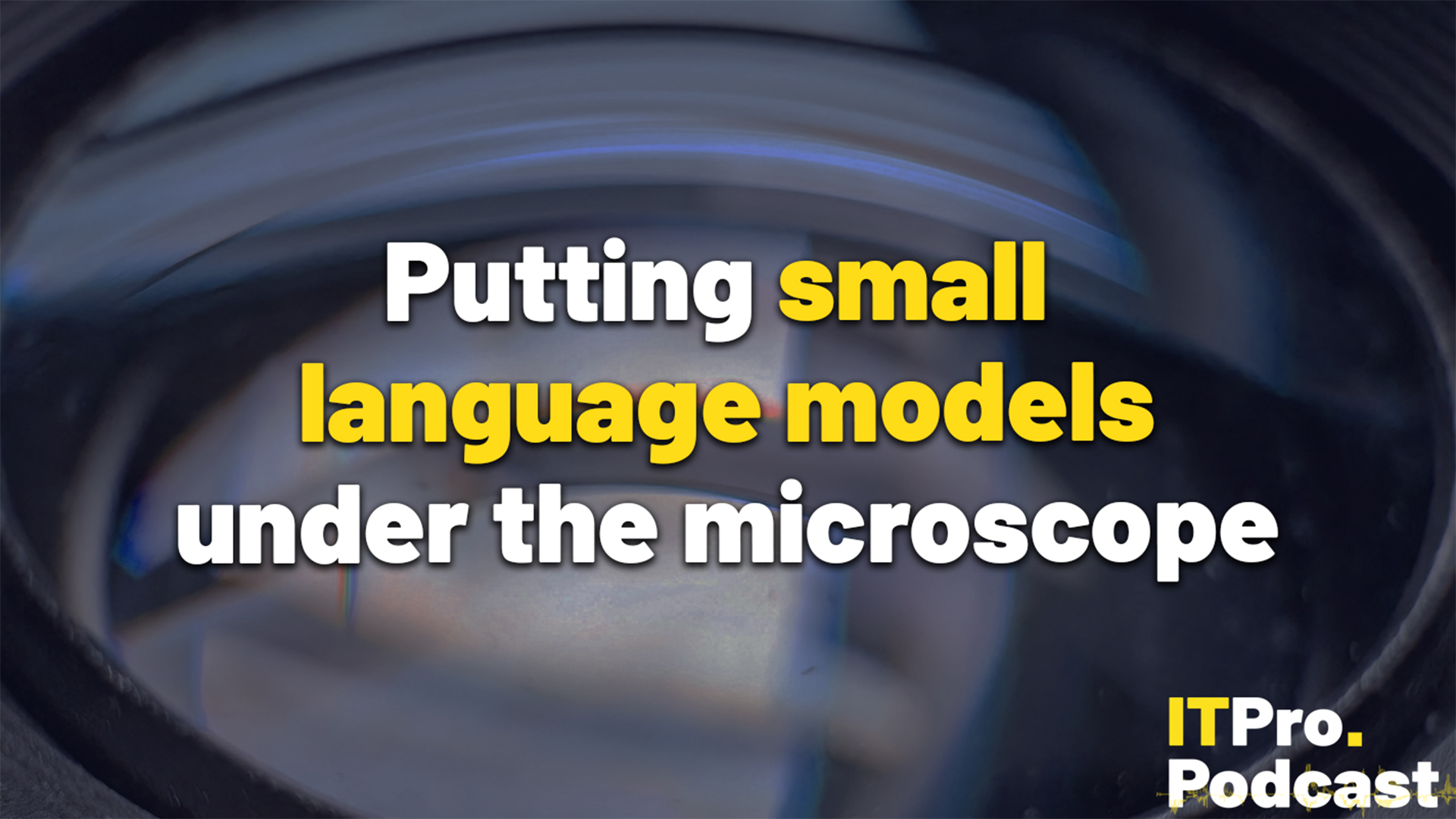
We’ve spent the past few years discussing large language models, the huge AI models that power a lot of the generative AI tools that have dominated the headlines.
But small language models are also possible – and rapidly growing in popularity.
What benefits do these tiny AI models offer, and how much use will they get in the coming months and years, and how do they differ from other lightweight, ‘low latency’ models?
In this episode, Jane and Rory take a look at some of the smallest AI models on the market, asking what they're for and if they could be the future of the technology.
Highlights
"Microsoft gave the example of using them for organizations with very limited resources, using them for very specific needs at the edge. So for example, if you wanted to put small language models on smartphones or in a vehicle, they could say very quickly answer user prompts without needing to send any data to the cloud or even have to stop and process the requests."
"Distillation, in short, is taking a small model, typically an open source, quite lightweight, small language model and training it based on outputs from a much larger model."
"It feels very much like you're pulling something apart only to put it back together again in a possibly more expensive or less convenient way. The reality is, if you need the capability of one of the hyperscalers, you probably don't have the capability to do that yourself, or it wouldn't make any economic sense to do so."
Sign up today and you will receive a free copy of our Future Focus 2025 report - the leading guidance on AI, cybersecurity and other IT challenges as per 700+ senior executives
Footnotes
- Small language models are growing in popularity — but they have a “hidden fallacy” that enterprises must come to terms with
- Small language models set for take-off next year
- Google’s new ‘Gemma’ AI models show that bigger isn’t always better
- Microsoft wants to take the hassle out of AI development with its ‘Models as a Service’ offering
- Three open source large language models you can use today
- Chinese AI firm DeepSeek has Silicon Valley flustered
Subscribe
- Subscribe to The ITPro Podcast on Apple Podcasts
- Subscribe to The ITPro Podcast on Spotify
- Subscribe to the ITPro newsletter
- Subscribe to the ITPro Podcast on YouTube
- Join us on LinkedIn

Rory Bathgate is Features and Multimedia Editor at ITPro, overseeing all in-depth content and case studies. He can also be found co-hosting the ITPro Podcast with Jane McCallion, swapping a keyboard for a microphone to discuss the latest learnings with thought leaders from across the tech sector.
In his free time, Rory enjoys photography, video editing, and good science fiction. After graduating from the University of Kent with a BA in English and American Literature, Rory undertook an MA in Eighteenth-Century Studies at King’s College London. He joined ITPro in 2022 as a graduate, following four years in student journalism. You can contact Rory at rory.bathgate@futurenet.com or on LinkedIn.
-
 What is Microsoft Maia?
What is Microsoft Maia?Explainer Microsoft's in-house chip is planned to a core aspect of Microsoft Copilot and future Azure AI offerings
-
 If Satya Nadella wants us to take AI seriously, let’s forget about mass adoption and start with a return on investment for those already using it
If Satya Nadella wants us to take AI seriously, let’s forget about mass adoption and start with a return on investment for those already using itOpinion If Satya Nadella wants us to take AI seriously, let's start with ROI for businesses
-
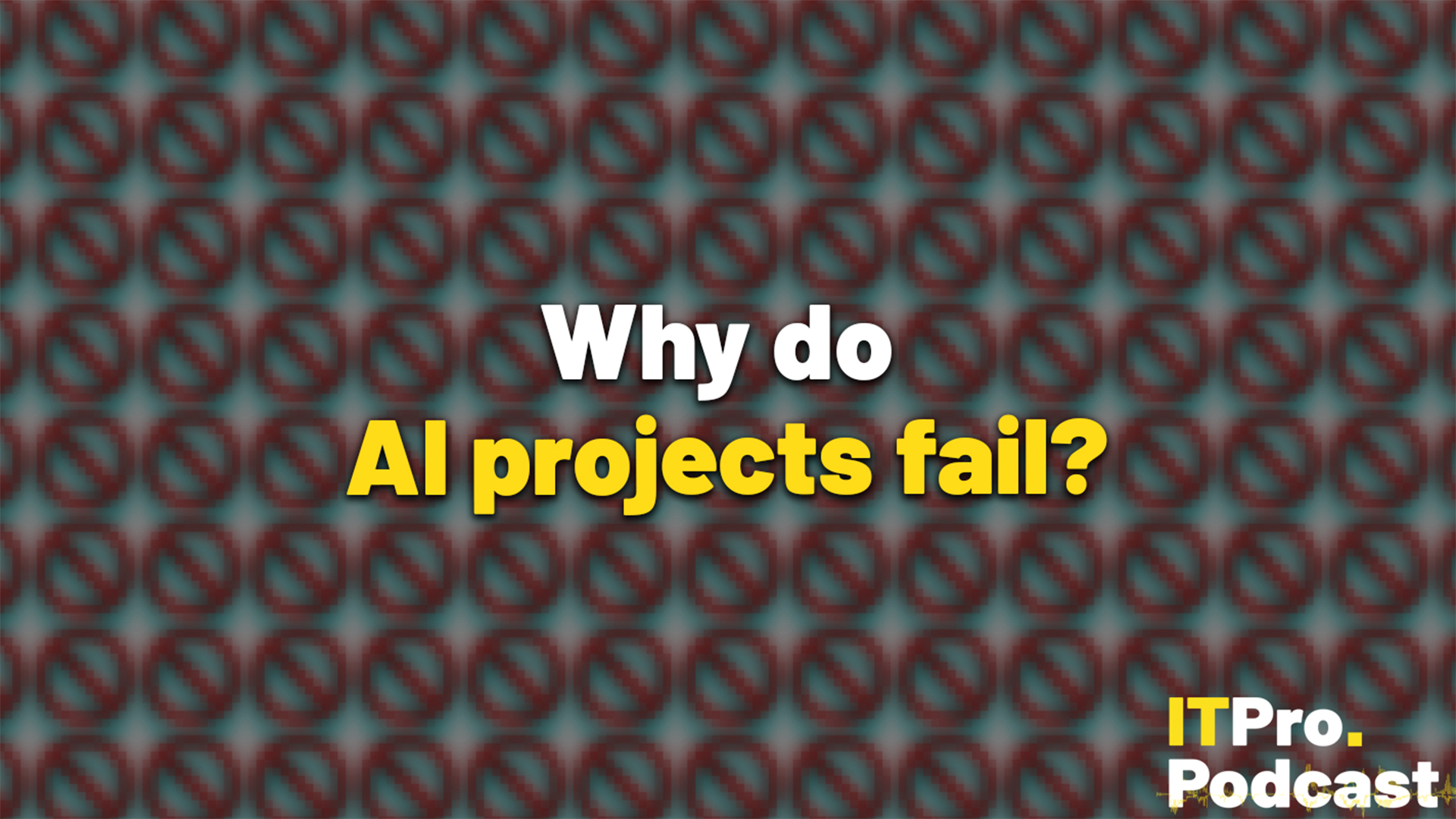 Why do AI projects fail?
Why do AI projects fail?ITPro Podcast Without a careful approach at the design phase, AI tools will fall apart in runtime
-
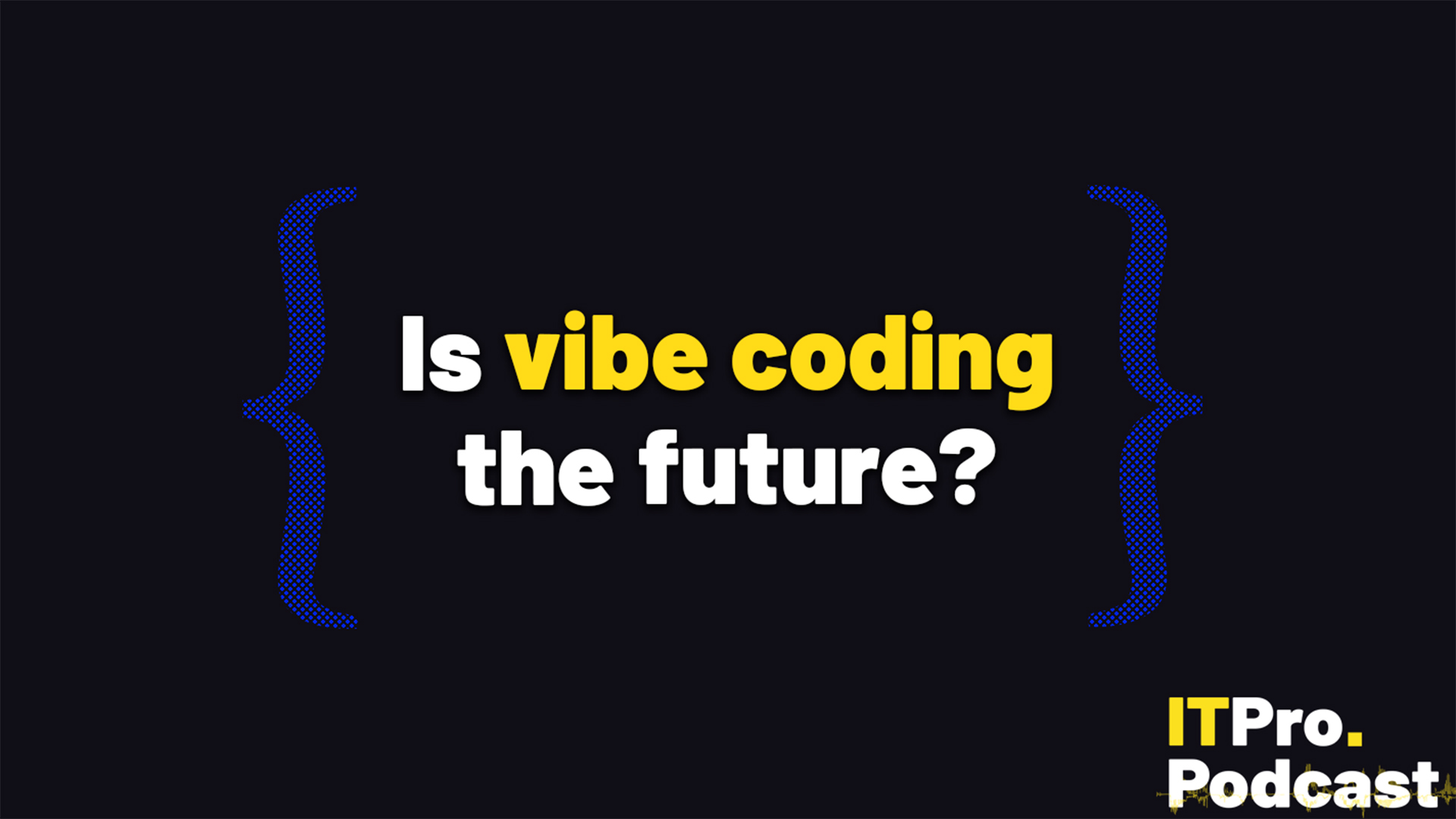 Is vibe coding the future?
Is vibe coding the future?ITPro Podcast As developers use AI to speed up code generation, leaders must work to ensure the technology complements existing practices
-
 September rundown: The UK becomes an AI playground
September rundown: The UK becomes an AI playgroundITPro Podcast Big tech has announced tens of billions in infrastructure investments for the UK – how will it help?
-
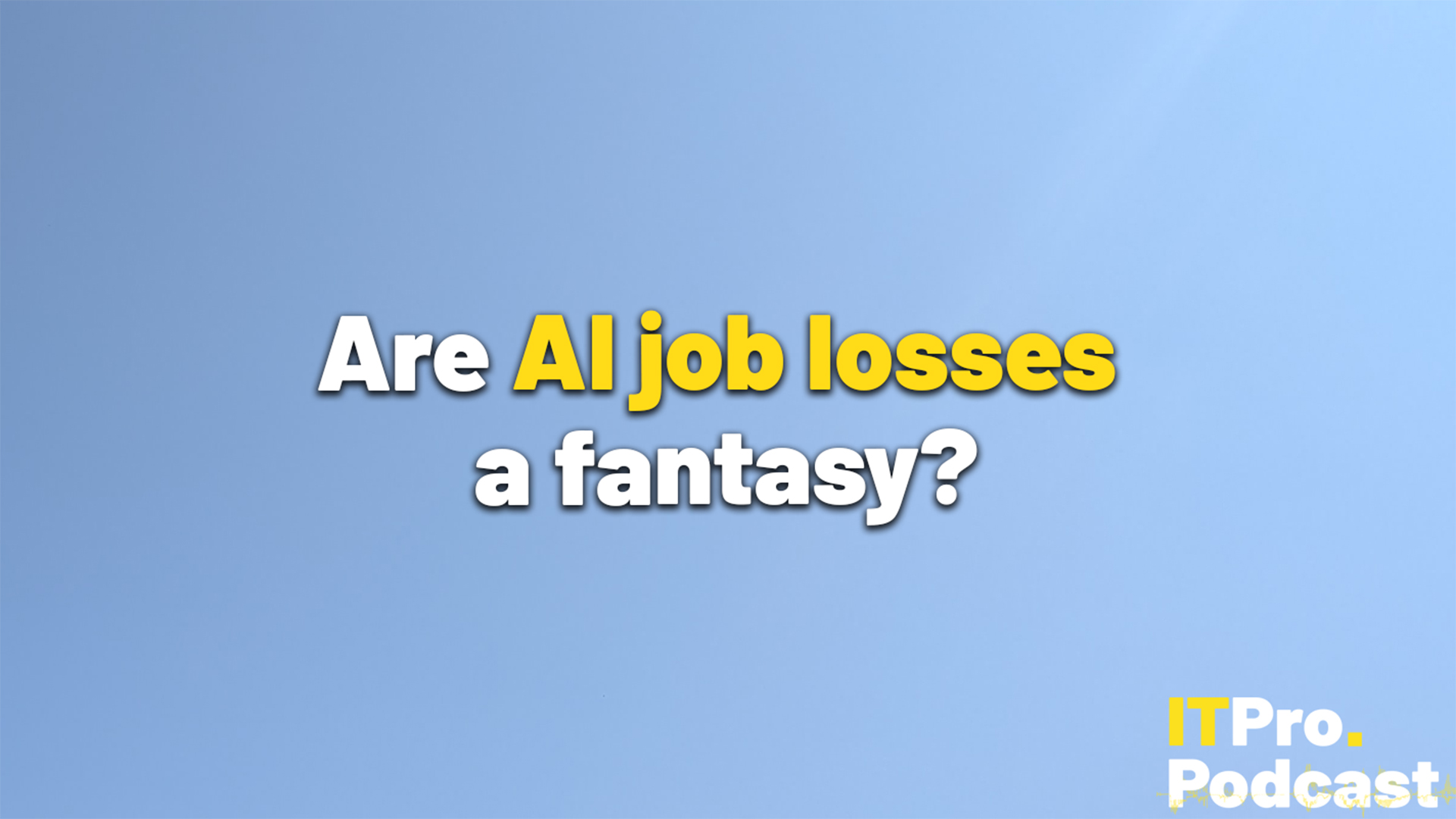 August rundown: Are AI job losses a fantasy?
August rundown: Are AI job losses a fantasy?ITPro Podcast AWS CEO Matt Garman's comments were made as big tech continues to lay off workers – but AI may not be the cause
-
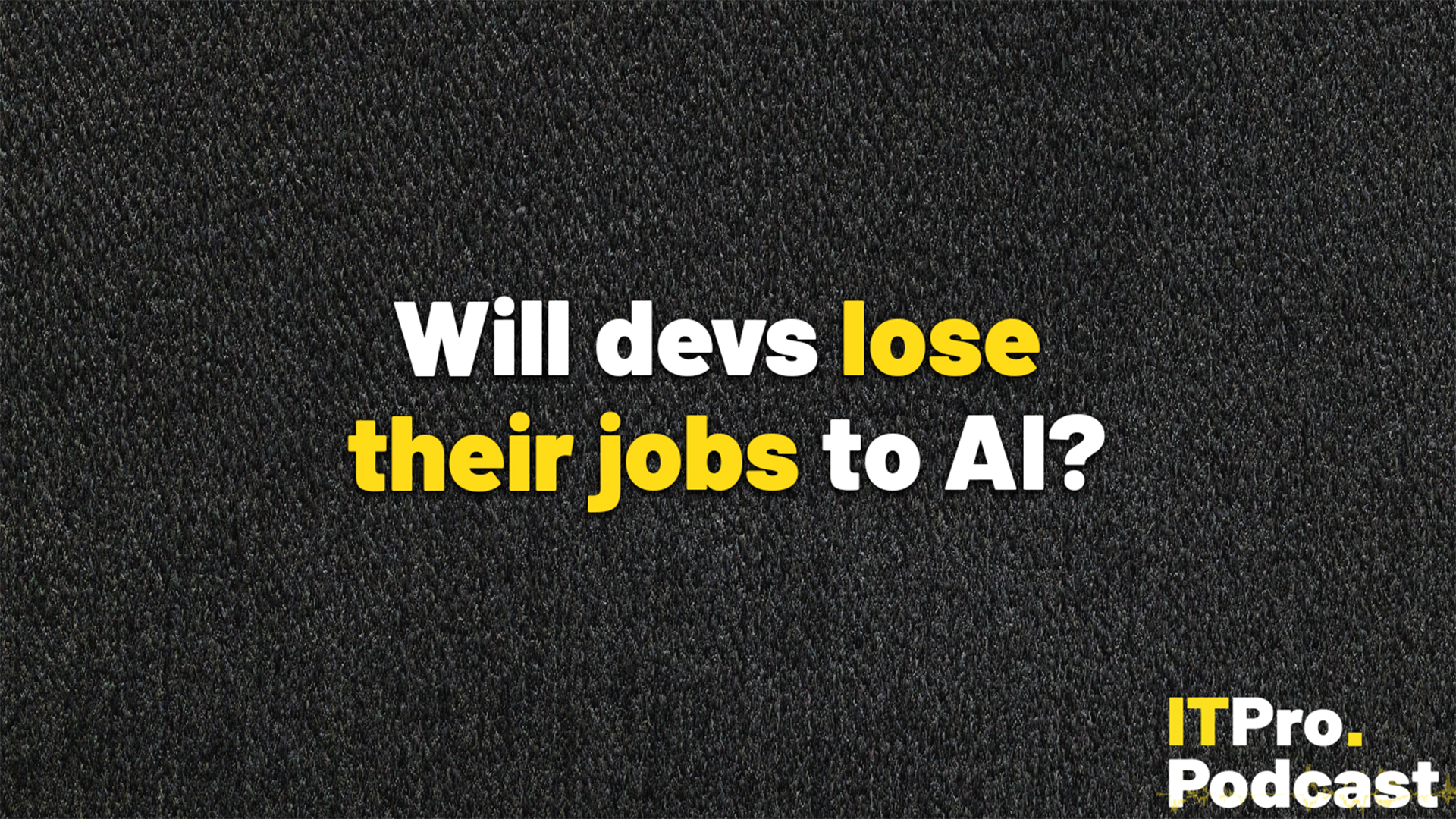 Will devs lose their jobs to AI?
Will devs lose their jobs to AI?ITPro Podcast Major errors in AI code generation throw doubt on the timeline to replacing human workers
-
 Google Cloud Summit London 2025: Practical AI deployment
Google Cloud Summit London 2025: Practical AI deploymentITPro Podcast As startups take hold of technologies such as AI agents, where is the sector headed?
-
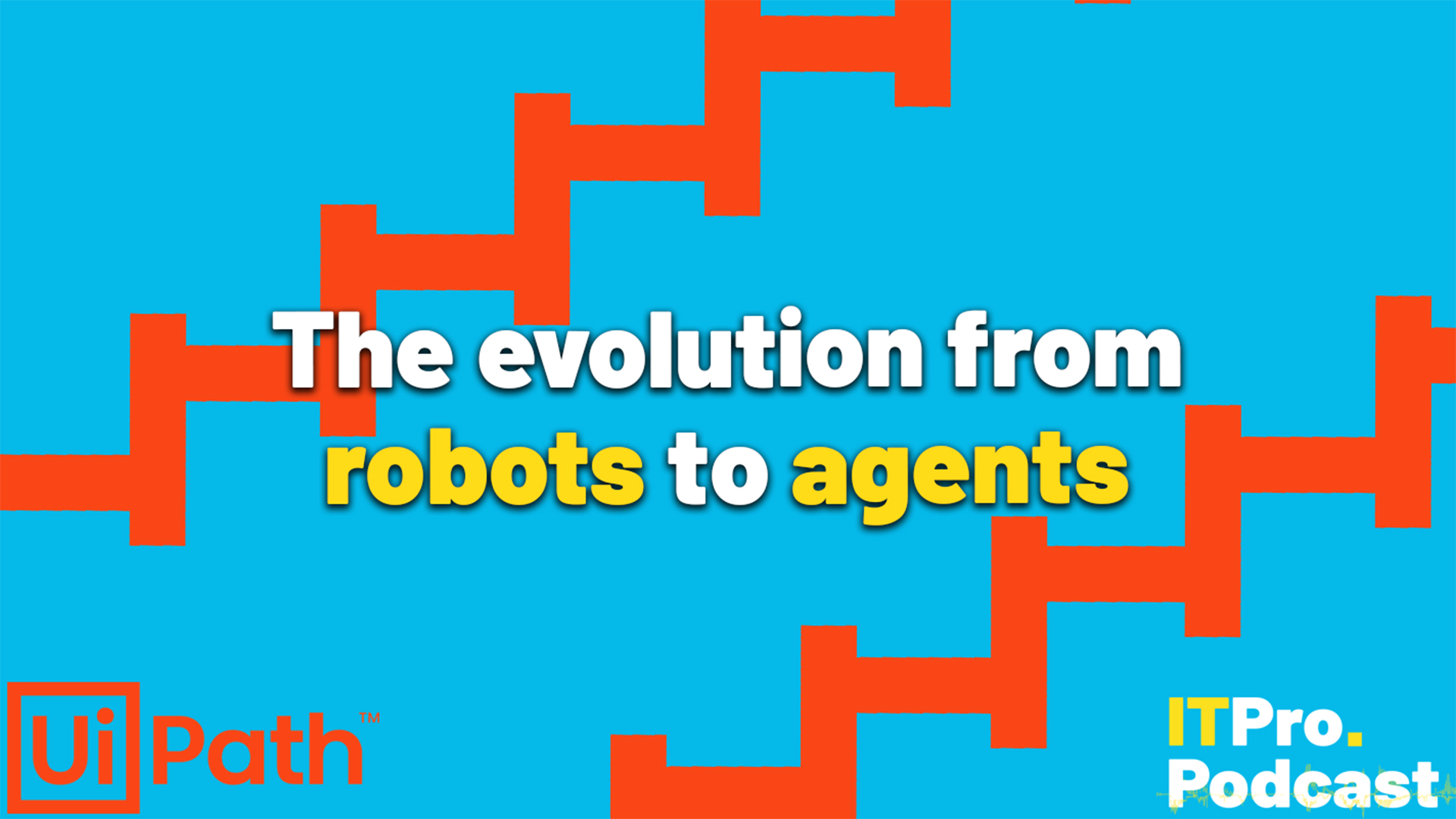 The evolution from robots to agents
The evolution from robots to agentsSponsored Podcast With the right adoption strategy, agentic AI can be a force multiplier for productivity
-
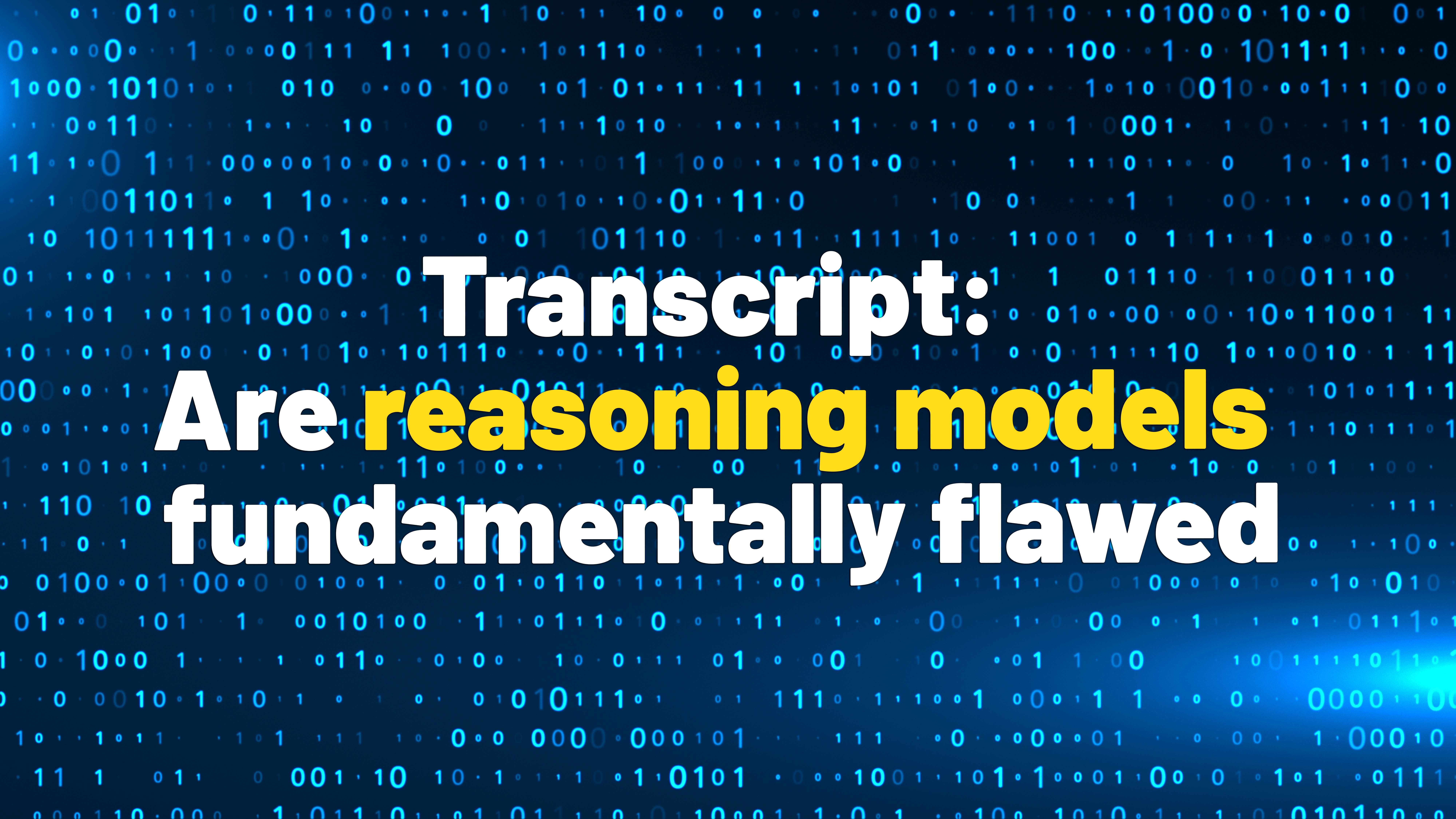 Podcast Transcript: Are reasoning models fundamentally flawed?
Podcast Transcript: Are reasoning models fundamentally flawed?ITPro Podcast A report from Apple has cast significant doubts on the efficacy of reasoning models, going as far as to suggest that when a problem is too complex, they simply give up